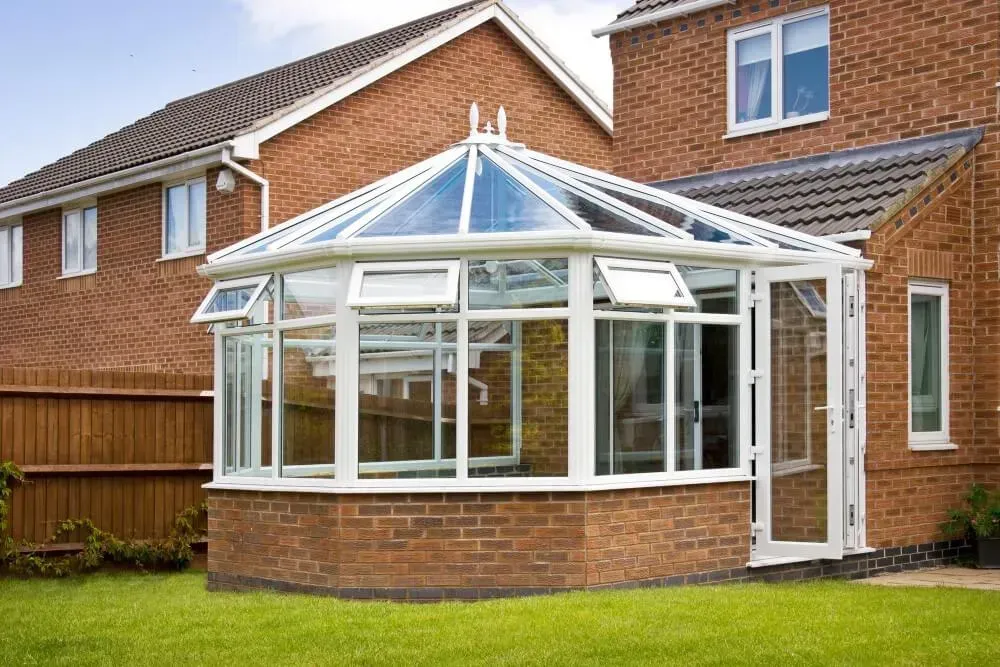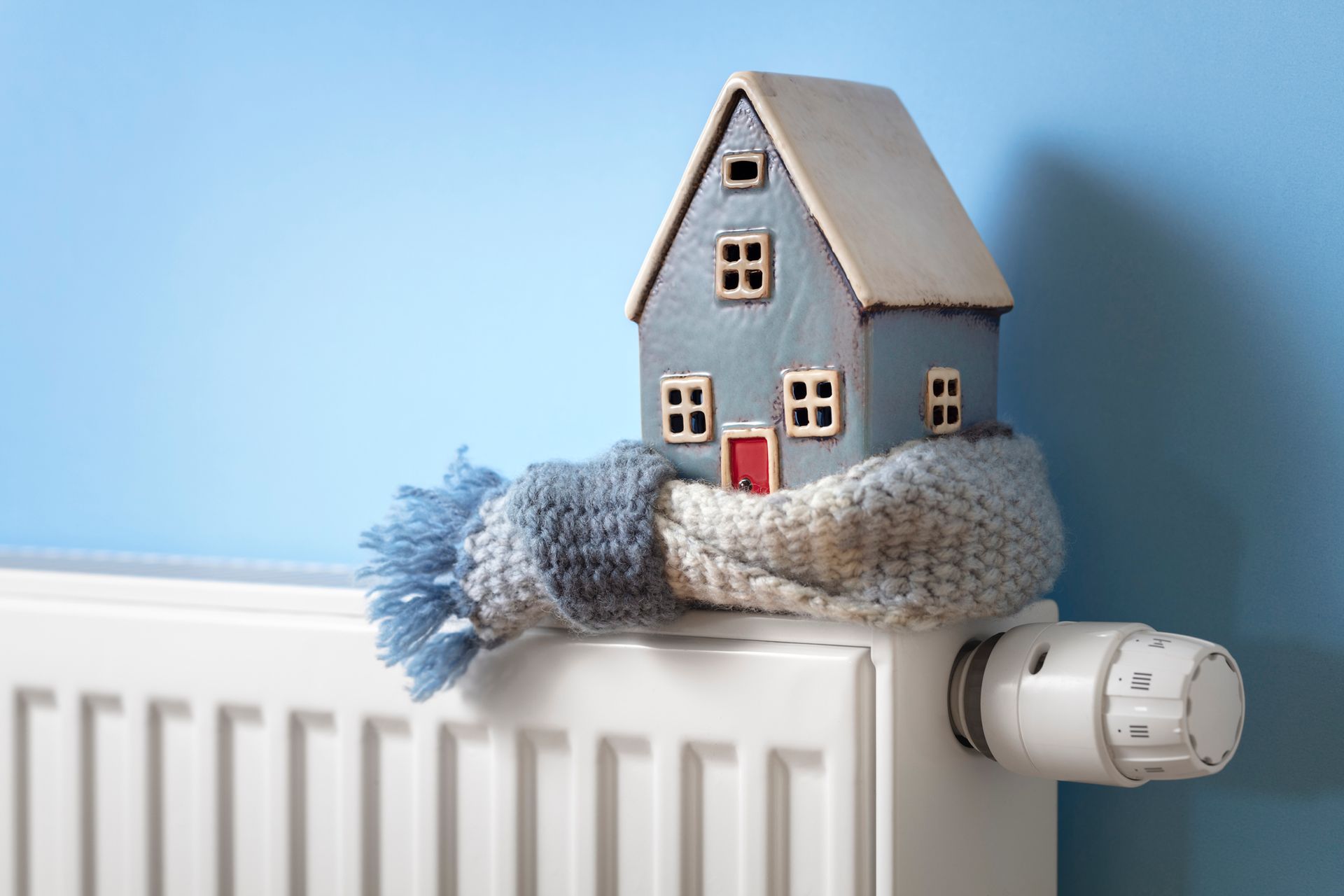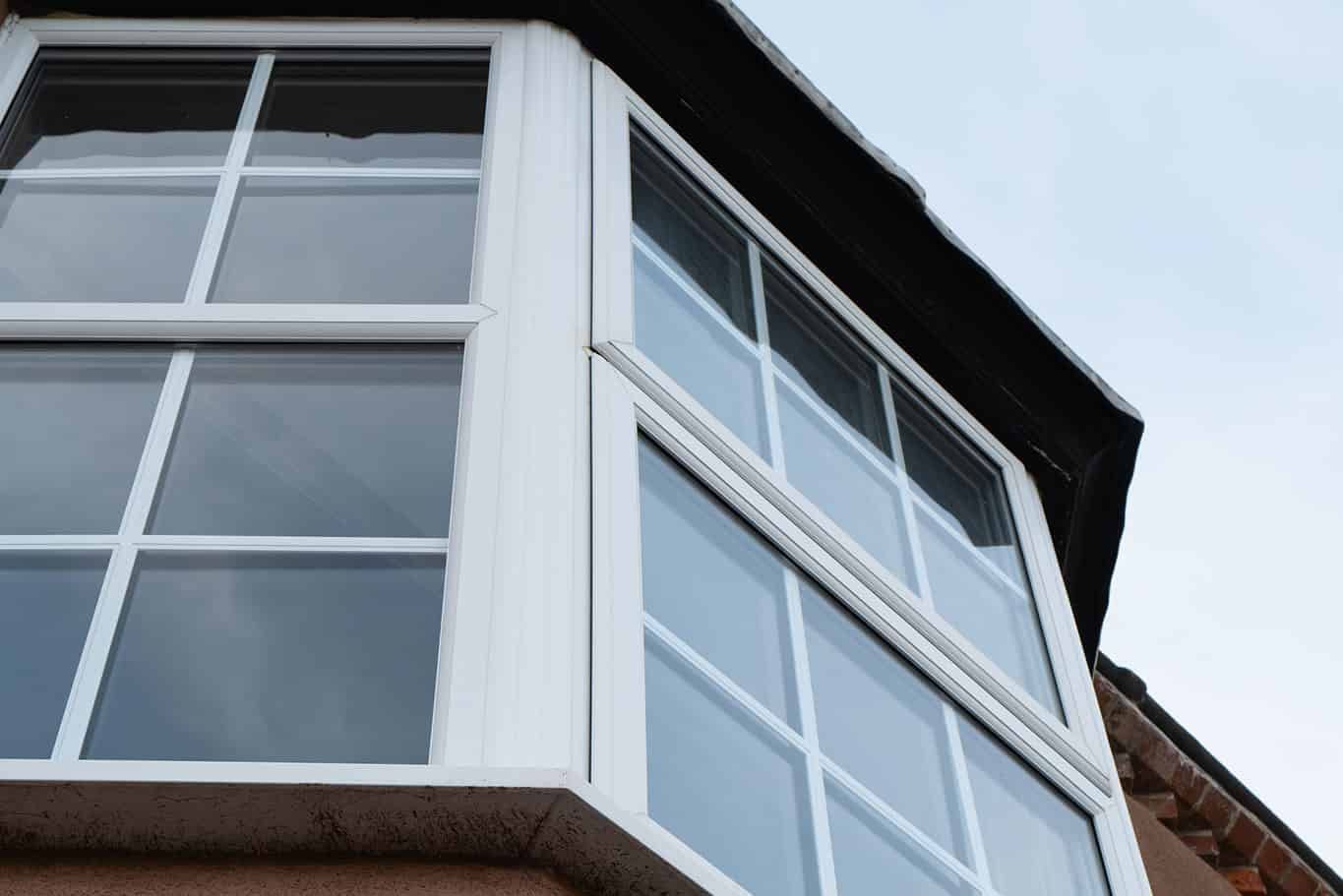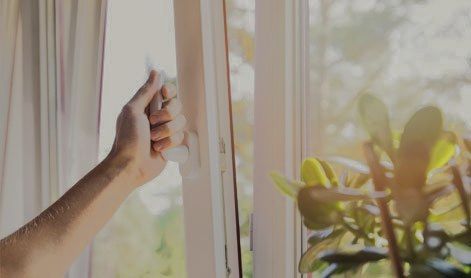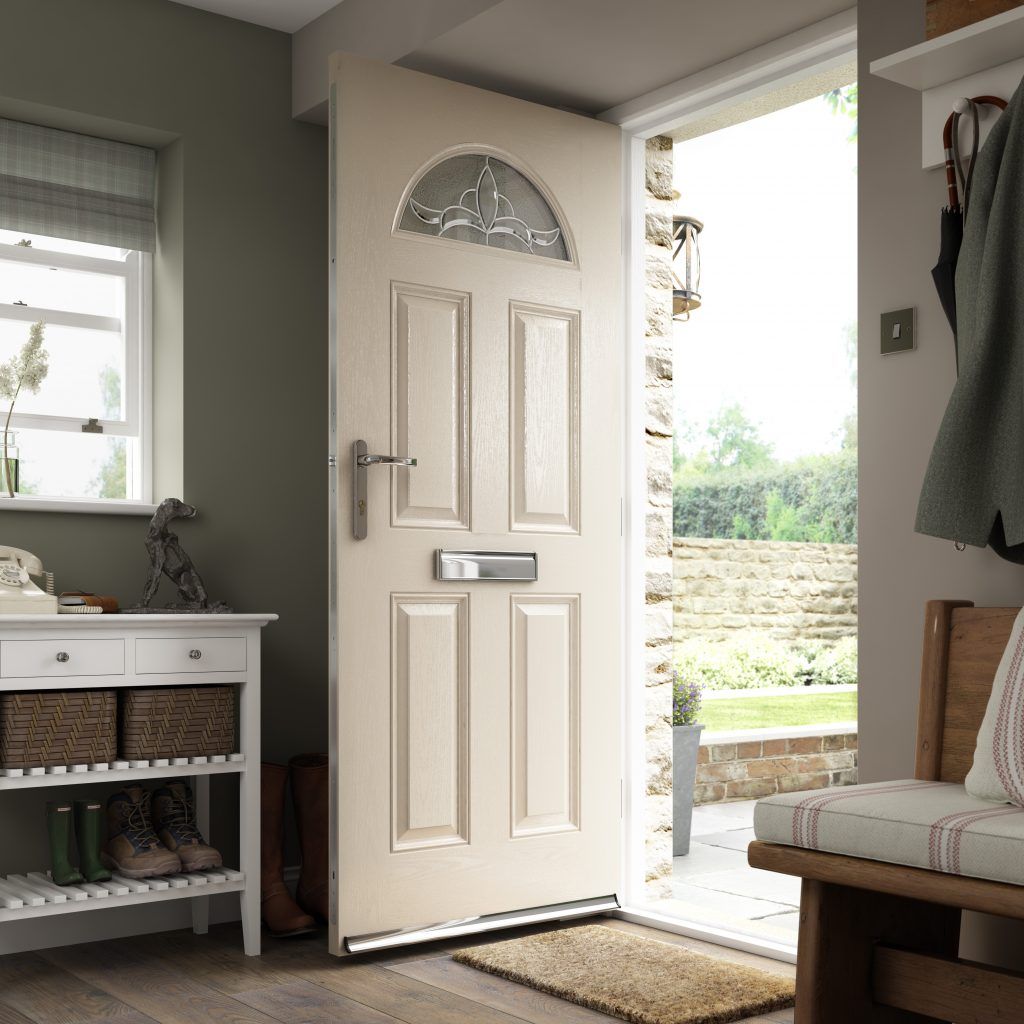Our Window Repair Tips and Tricks For Home Efficiency

With what feels like constant price increases, we’re all looking for ways to help beat the mounting cost of our energy bills. While there are several tried-and-tested methods to improve the efficiency of your home, one of the most effective ways to achieve energy savings is through energy efficient windows and doors.
Around 30% of your home heating is lost through windows and doors, meaning that during the colder months, you have to use more energy and pay higher bills as a result. If your windows and doors are on the older side, or you’re starting to suspect that they might have faults, now could be the perfect time to get them repaired before winter hits. To make sure you’re saving energy and money this year, here are some of our biggest window repair tips and tricks to improve your home’s efficiency.
Signs It’s Time to Repair Your Windows
While it may be evident you need to invest in window repair services when there’s a crack or blatant fault, not every is as obvious. To help you decide when it’s time for repairs, here are some signs to keep an eye out for.
Insulation Failure
If you feel a bit of a chill in the air when you’ve got the heating on, this could be a sign that the insulation on your windows and doors isn’t functioning properly. Because this has such a direct impact on your home’s efficiency, it’s important to get this issue fixed.
Water Damage
Water damage is any homeowner’s nightmare, and can lead to problem’s with your window’s functionality - from rust to wood rot. With the UK’s tendency for heavy rainfall, it’s important to keep an eye out for the beginnings of mould or water leaks around your windows, and to get them fixed quickly if this does happen.
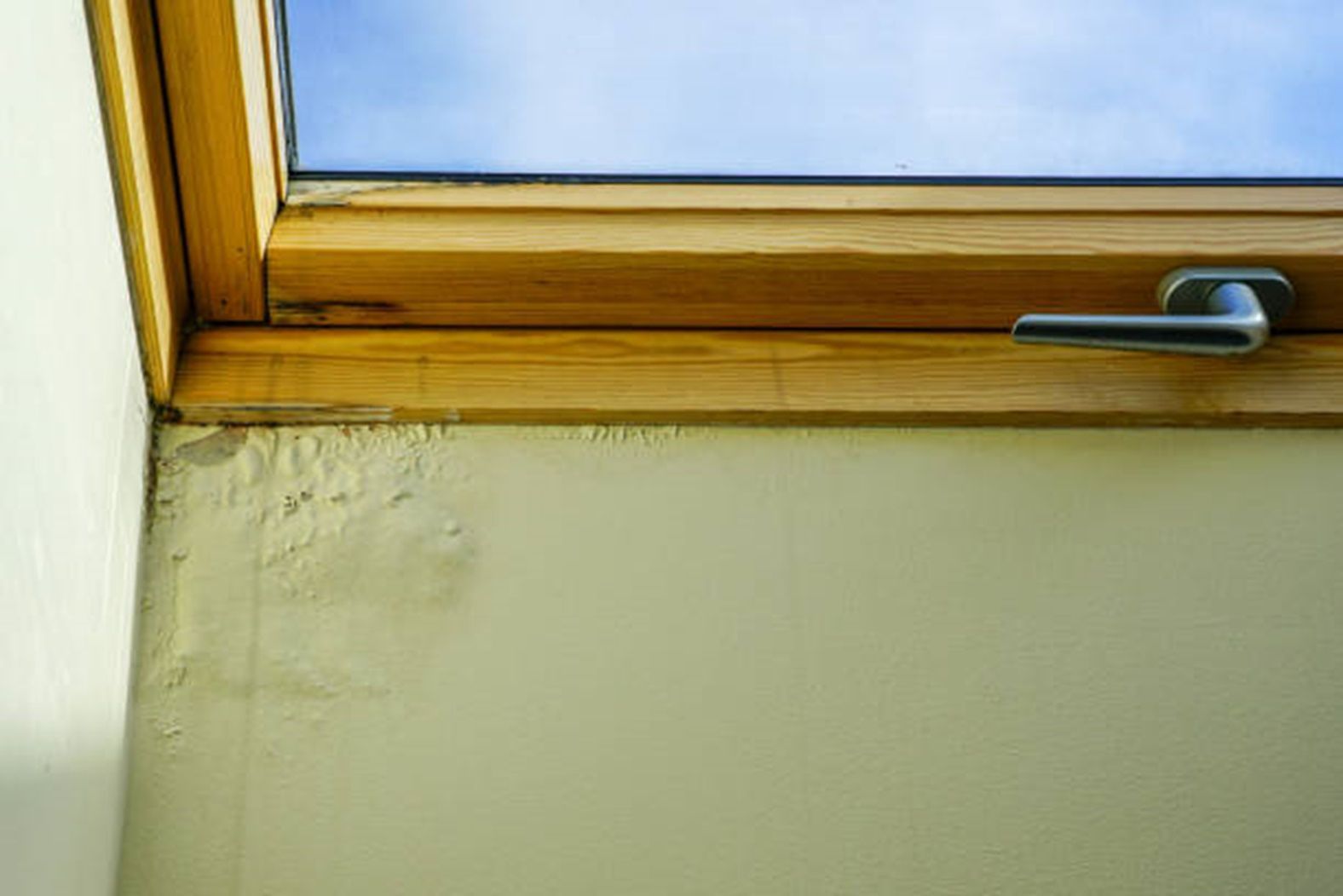
Loud Noises
On top of window leaks changing your home’s temperature, they could also impact the indoor noise levels. If you begin to notice that noise from the street is a bit easier to hear than it used to be, this is another sign that your insulation isn’t as tight as it should be.
Bugs
If you’re finding more pests worming their way into your home, even when you’re being careful to keep windows and doors closed, they may well be getting in through cracks and spaces. Getting window repair could be the answer to a bug-free home.
Fog
Are you finding recently that when you go to look out of your windows in the morning that they’re all fogged up? Frame warping or cracks in the glass can cause your panes to collect moisture and fog up, creating condensation between your window panes - a breeding ground for damp and mould. To prevent this from happening, it’s a good idea to get your windows repaired.

How to Repair a Window
If you notice that your windows are experiencing any of the following issues, it’s time to get to work. While there are some instances that it’s best to just call in a professional, there are some window repairs that you can do yourself.
Fixing a Cracked or Broken Window Pane
If the crack is small, cover it with clear nail polish or epoxy. This can prevent the crack from spreading until you can replace the pane. However, for a more permanent fix, you’ll need to remove the old pane and glazing putty. Measure the exact dimensions and order a replacement pane from a hardware shop. Apply new glazing putty around the frame, insert the glass and let it set.
Dealing with Drafty Windows
If you’re dealing with a draft that’s impact your home’s effiicency, there are a few options available.
● Weatherstripping: Add or replace weatherstripping around the window frame to create a better seal. This is an easy and inexpensive way to reduce drafts.
● Window Insulation Kits: These kits, available at most hardware shops, include plastic film that you can apply over the window and shrink with a hairdryer to seal out drafts.
● Caulking: Check the caulking around the outside of the window. If it’s cracked or missing, remove the old caulk and apply a new bead to prevent air leakage.
Restoring Window Seals
The seals around your windows are critical in making your home energy efficient. If you notice condensation between double-pane windows, the seal may be compromised, which often requires professional repair.
If you have accessible seals, you can carefully remove the old seal and replace it with new sealing material. Make sure to choose the right type of sealant for your window type.
Preventing and Removing Condensation
Condensation often forms due to high humidity inside the home. Improve ventilation by using extractor fans in bathrooms and kitchens. However, if you have consistent issues with condensation, especially in winter, consider using a dehumidifier to reduce moisture levels. You can also apply anti-condensation treatments to your windows, which can reduce moisture buildups.
When to Call a Professional
Sometimes, there’s only so far that DIY repairs can get you, and there’s certain instances where it’s best to call in a window repair specialist to prevent further damage.
● Structural Issues: If your window frame is rotting or warping, it’s time to call in a professional. These issues can affect the structural integrity of your home and are best handled by experts.
● Specialty Windows: For custom or specialty windows, such as stained glass or architectural designs, it’s often best to seek professional repair to avoid damage.
Count On Our Window Repair Experts
If you feel that you’d rather leave window repairs to a professional, Grassmor Glass can help. We have more than 30 years’ experience in window repairs. Is your window seal letting heat out? Are the locks or handles broken, or has the frame become misaligned? Our bespoke window experts can provide the perfect solution. We will arrange a visit to your home to access the condition of your window and provide a no obligation quotation for any work required. For more information, please get in touch.




